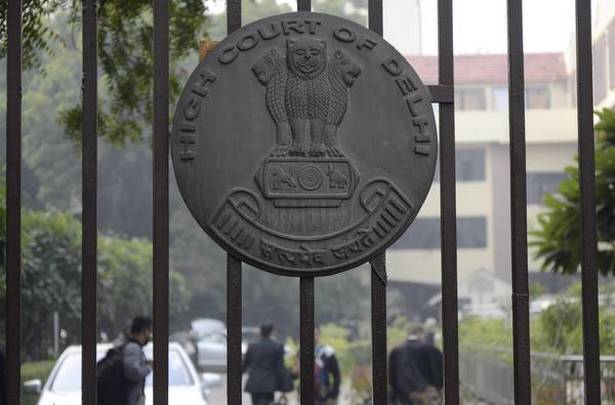The Delhi High Court has stated in an order that merely because triple talaq has been declared as void and illegal, it does not mean that the legislature could not have made the continuation of the practice an offence.
A two-judge bench of the court comprising Justices Vipin Sanghi and Rajnish Bhatnagar passed the order on October 13 while dealing with a petition filed by one Nadeem Khan seeking declaration of Section 4 of the Muslim Women (Protection of Rights on Marriage) Act, 2019 as void, unconstitutional, discriminatory and violative of the rights of Muslim men.
The petitioner contended that once triple talaq has been declared void and illegal, there is no justification for criminalising its pronouncement since the instant talaq would not have any legal effect on the status of the marriage. The petitioner urged that since it is of no consequence, and does not end the marital status of the wife who may be subjected to triple talaq, there is no purpose of penalising it.
The court, however, said that prima facie, it appears to it that the object of Section 4 of the act is to discourage the practice of pronouncement of talaq by a Muslim husband upon his wife by resorting to triple talaq.
“The purpose of Section 4 appears to be to provide a deterrent against such practice. Merely because triple talaq has been declared to be void and illegal, it does not mean that the legislature could not have made the continuation of such practice an offence. This is our prima facie view,” the court said.
The court was hearing a case that sought directions that all FIRs registered under Section 4 of Muslim Women (Protection of Rights on Marriage) Act, 2019, in police stations within the territory of Delhi be stayed. Further, the FIRs must be pending at the stage of investigation, inquiry or trial. Another direction to restrain the police from registering FIR during the pendency of the case against Section 4 of the Act was also sought by the application. The provision provides for imprisonment of up to three for procurement of talaq “by words, either spoken or written or in electronic form or in any other manner whatsoever”.
Related
Rushda Fathima Khan is the Staff Reporter for The Cognate.









































